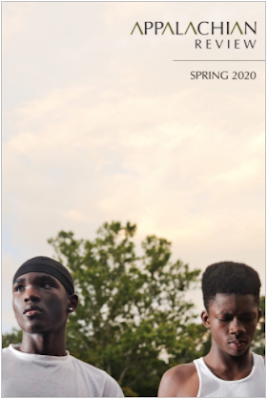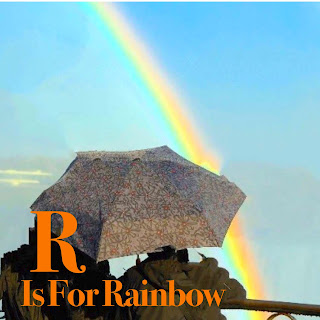For My Friends in Wilmington, With Love

Eight years in the Port City changed me in ways I couldn’t have imagined. While I say goodbye (but not farewell), I want to share a little of my journey and what I’ve learned along the way. It’s hard saying goodbye to places. I learned this as a child, when I was taken away from Saigon, the city of my birth, and brought to Oak Hill, West Virginia. My mother and I were, literally, strangers in a strange land. According to the census of that time, West Virginia was 95.1% white and 4.8% Negro (the government’s term, not mine). By my math that means 99.9% of the population was not like us. If not for a cheaply framed photograph of several black-haired, tawny-skinned people hanging in our hallway, I would not have known that any other Vietnamese existed. Except for the horrifying images that later appeared on the TV. But that’s a story for another time. No one attempted to teach me how to handle a loss like that. Loss of homeland, culture, kin. And so that first experience of leaving a...




